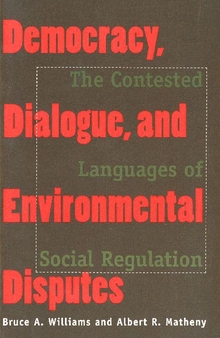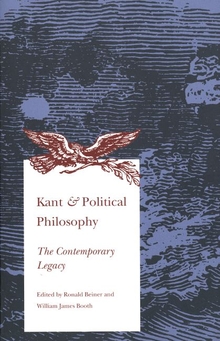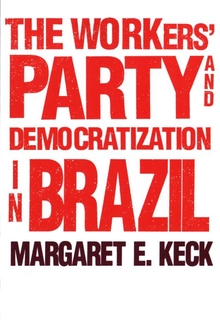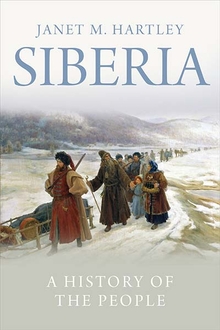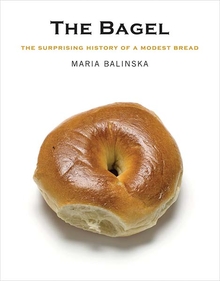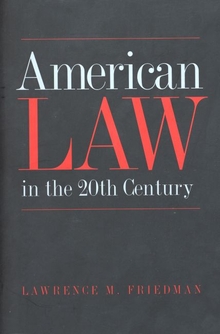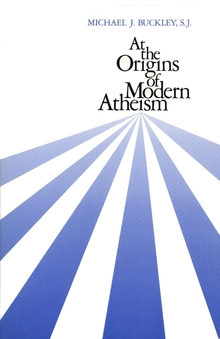Democracy, Dialogue, and Environmental Disputes
WARNING
You are viewing an older version of the Yalebooks website. Please visit out new website with more updated information and a better user experience: https://www.yalebooks.com
The Contested Languages of Social Regulation
Bruce A. Williams and Albert R. Matheny
At every level of government, environmental regulation is under siege. In Washington, it has been attacked first through the "New Federalism" and now through the "Contract with America." Outside the capital, environmental regulation is the subject of controversy as state and local officials struggle with new responsibilities, threats of industry exit, and challenges from grassroots groups.
This book addresses the conundrum of regulation by tracing its source to the competing characterizations of regulatory legitimacy that have accompanied the growth of the American state. Bruce Williams and Albert Matheny identify three distinct languages—managerial, pluralist, and communitarian—used to articulate competing visions of regulation. They argue that each language posits a different understanding of the public interest and therefore a different relationship between the state, the market, and the public. Because all three languages are invoked in regulatory debates, disputants talk past one another, leaving fundamental issues of legitimacy and democracy unresolved or masked by unexamined assumptions. The authors propose a dialogic model for analyzing regulatory policymaking, drawing on postmodernist theory that claims that establishing single languages for understanding the world inevitably distorts communication. They then apply their analysis to case studies of actual environmental disputes over hazardous waste regulation in the 1980s and 1990s in New Jersey, Ohio, and Florida.
This book addresses the conundrum of regulation by tracing its source to the competing characterizations of regulatory legitimacy that have accompanied the growth of the American state. Bruce Williams and Albert Matheny identify three distinct languages—managerial, pluralist, and communitarian—used to articulate competing visions of regulation. They argue that each language posits a different understanding of the public interest and therefore a different relationship between the state, the market, and the public. Because all three languages are invoked in regulatory debates, disputants talk past one another, leaving fundamental issues of legitimacy and democracy unresolved or masked by unexamined assumptions. The authors propose a dialogic model for analyzing regulatory policymaking, drawing on postmodernist theory that claims that establishing single languages for understanding the world inevitably distorts communication. They then apply their analysis to case studies of actual environmental disputes over hazardous waste regulation in the 1980s and 1990s in New Jersey, Ohio, and Florida.
Bruce A. Williams is associate professor of urban and regional planning and of communications at the University of Illinois at Urbana-Champaign. Albert R. Matheny is associate professor of political science at the University of Florida.
ISBN: 9780300075540
Publication Date: May 25, 1998
Publication Date: May 25, 1998
272 pages, 6 1/8 x 9 1/4

